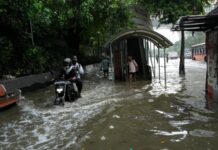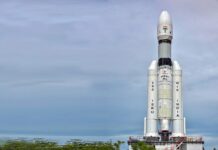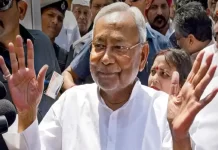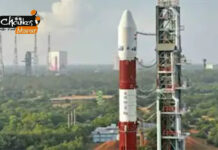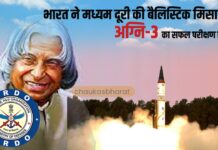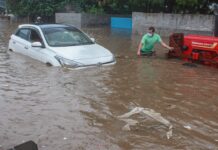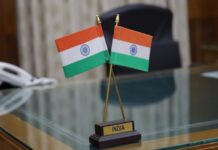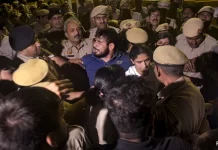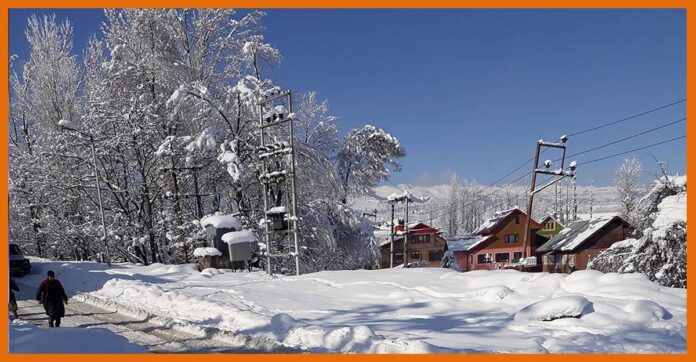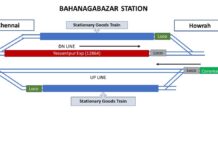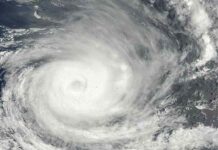On Wednesday, extreme cold wave conditions swept Kashmir as the mercury plummeted through the valley below the freezing mark, officials said.
In most parts of the valley, the cloud cover before Tuesday’s snowfall had held the night temperature around the freezing point for two consecutive nights, but the respite ended as the mercury plummeted to minus 11 degrees in Gulmarg in northern Kashmir, officials said.They said Gulmarg tourist destination was the coldest recorded place in the valley.
A low of minus 9 degrees Celsius, a drop of six notches in 24 hours, was reported by Pahalgam, which serves as the base camp for the annual Amarnath Yatra in South Kashmir.
The officials said that on Tuesday night, the minimum temperature in Srinagar, the summer capital of Jammu and Kashmir, was minus 2.2 degrees Celsius.
The gateway to the valley, Qazigund, reported a minimum of minus 2.5 degrees Celsius, while Kupwara registered a low of minus 2.8 degrees Celsius in the north and Kokernag in the north.
Currently, Kashmir is under the influence of ‘Chillai-Kalan’—the 40-day harshest winter period when a cold wave reaches the area and the temperature drops dramatically, contributing to the freezing of water bodies here, including the famed Dal Lake, as well as the water supply lines in many parts of the valley.
During this time, the chances of snowfall are most frequent and highest, and most areas receive heavy snowfall, especially in the higher reaches, the officials said.
Though ‘Chillai-Kalan’-which started on December 21–will end on January 31, the cold wave persists with a 20-day’ Chillai-Khurd ‘(small cold) and a 10-day’ Chillai-Bachha ‘in Kashmir even after that (baby cold).










